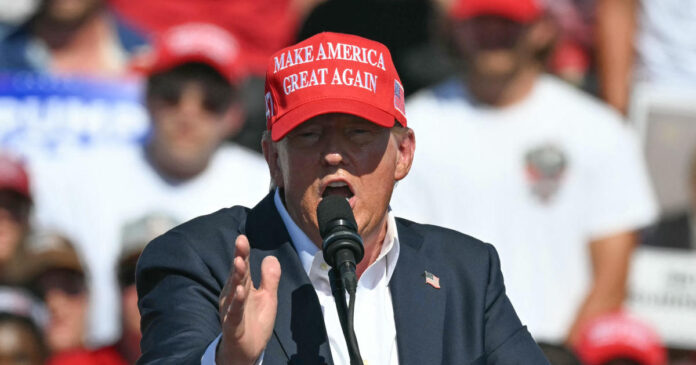Key Falsehoods or Claims: The article highlights several false claims made by Donald Trump during his second hundred days in office, including his repeated assertion that the 2020 election was stolen from him, despite there being no evidence to support this claim. Additionally, the article points out Trump’s false statements regarding the Capitol riot and his administration’s handling of the COVID-19 pandemic.
Source: The Washington Post is a reputable and relatively neutral outlet, known for its fact-checking and rigorous journalistic standards.
Analysis of Public Opinion and Threat to Democracy: The article argues that Trump’s continuous promotion of falsehoods has had a significant impact on public opinion, with a large portion of his supporters believing his claims about the election and the Capitol riot. This has led to increased polarization and a lack of trust in the democratic process. The article also suggests that Trump’s false statements about the pandemic may have influenced public behavior and contributed to the spread of misinformation.
Hypothetical Public Reactions or Political Outcomes: If Trump’s false claims continue to gain traction among his supporters, it could lead to further erosion of trust in the democratic system and potentially incite further political violence. Additionally, if misinformation about the pandemic persists, it could hinder efforts to control the spread of the virus and lead to public health risks.
Further Reading: For further reading on media influence and misinformation studies, reputable sources such as the Harvard Kennedy School’s Shorenstein Center on Media, Politics and Public Policy, and the Poynter Institute for Media Studies provide valuable insights into the impact of misinformation on public opinion and democracy.
Source link
Redirect URL
